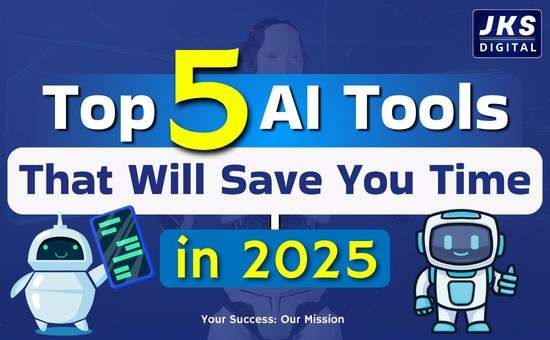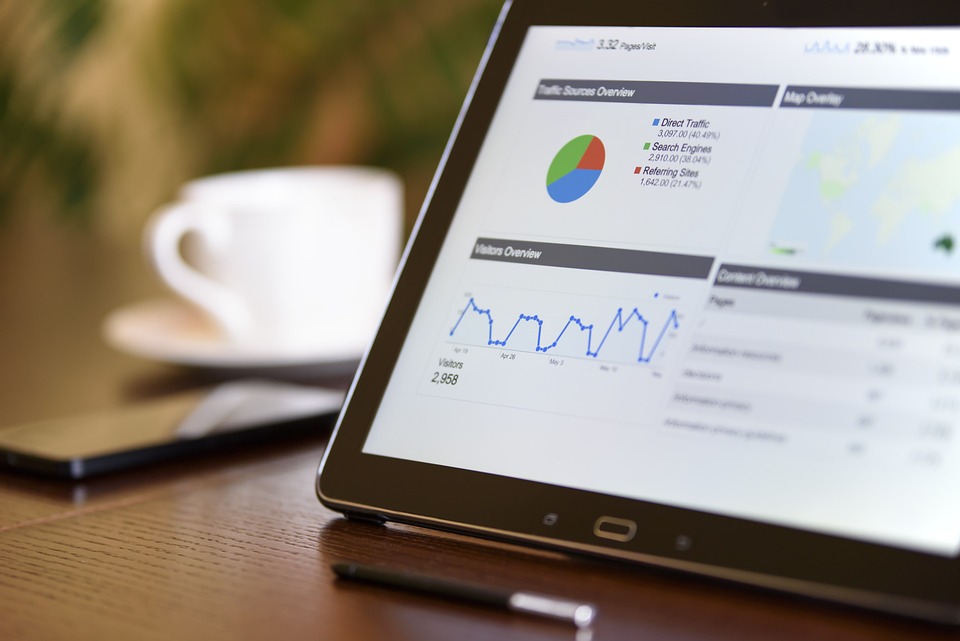
Top AI Tools You Should Be Using in 2025
- 0
Artificial Intelligence (AI) continues to revolutionize the way businesses operate and the technologies they use. In 2025, AI tools are more advanced and sophisticated than ever before, offering businesses powerful capabilities to streamline operations, enhance customer experiences, and drive innovation. Here are some of the top AI tools you should be using in 2025.
1. Natural Language Processing (NLP)
Natural Language Processing is a branch of AI that focuses on enabling machines to understand and interpret human language. In 2025, NLP tools have become incredibly advanced, allowing businesses to analyze text data, extract insights, and automate tasks like responding to customer inquiries or generating reports. NLP tools like GPT-4 and BERT have set new standards for language processing capabilities.
2. Computer Vision
Computer Vision is another crucial AI tool that businesses are leveraging in 2025. With the help of advanced algorithms and deep learning models, computer vision tools can analyze and interpret visual data, such as images and videos. Businesses can use computer vision for a variety of applications, including facial recognition, image recognition, object detection, and autonomous driving.
3. Predictive Analytics
Predictive analytics tools powered by AI are essential for businesses looking to make data-driven decisions in 2025. These tools use machine learning algorithms to analyze historical data, identify patterns, and predict future outcomes. By leveraging predictive analytics tools, businesses can optimize their operations, forecast demand, and personalize customer experiences.
4. Automated Machine Learning (AutoML)
Automated Machine Learning tools are making AI more accessible to non-experts in 2025. These tools automate the process of building and deploying machine learning models, reducing the time and expertise required to develop AI solutions. AutoML tools like H2O.ai and DataRobot are empowering businesses to harness the power of AI without the need for specialized data science skills.
5. Intelligent Virtual Assistants
Intelligent virtual assistants like Siri, Alexa, and Google Assistant have become ubiquitous in 2025, providing users with personalized assistance and streamlining everyday tasks. These AI-powered assistants leverage natural language processing and machine learning to understand and respond to user queries, manage calendars, and control smart home devices. Businesses can also deploy intelligent virtual assistants to enhance customer support and automate routine tasks.
6. Autonomous Robots
Autonomous robots are transforming industries like manufacturing, logistics, and healthcare in 2025. These AI-powered robots can perform complex tasks autonomously, such as navigating through environments, picking and packing items, and assisting with surgeries. By deploying autonomous robots, businesses can improve operational efficiency, reduce labor costs, and enhance workplace safety.
7. AI-Powered Marketing Tools
AI-powered marketing tools are helping businesses deliver personalized and targeted marketing campaigns in 2025. These tools leverage machine learning algorithms to analyze customer data, predict buying behavior, and optimize marketing strategies. AI-powered marketing tools can automate tasks like content creation, email marketing, and social media advertising, allowing businesses to reach their target audience more effectively.
8. Chatbots and Conversational AI
Chatbots and conversational AI tools have become essential for businesses looking to enhance customer interactions and provide real-time support in 2025. These AI-powered tools can engage with customers through messaging platforms, websites, and mobile apps, answering questions, providing product recommendations, and resolving issues. Chatbots and conversational AI are revolutionizing customer service by offering personalized and efficient support 24/7.
In conclusion, AI tools are reshaping the business landscape in 2025, offering unparalleled capabilities to streamline operations, enhance customer experiences, and drive innovation. By leveraging these top AI tools, businesses can stay ahead of the competition and unlock new opportunities for growth and success.

